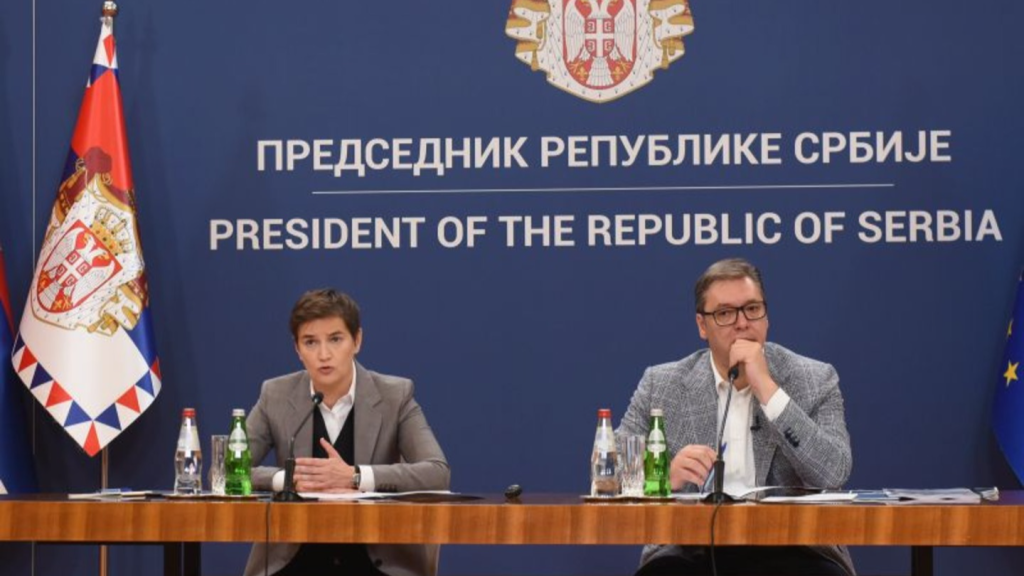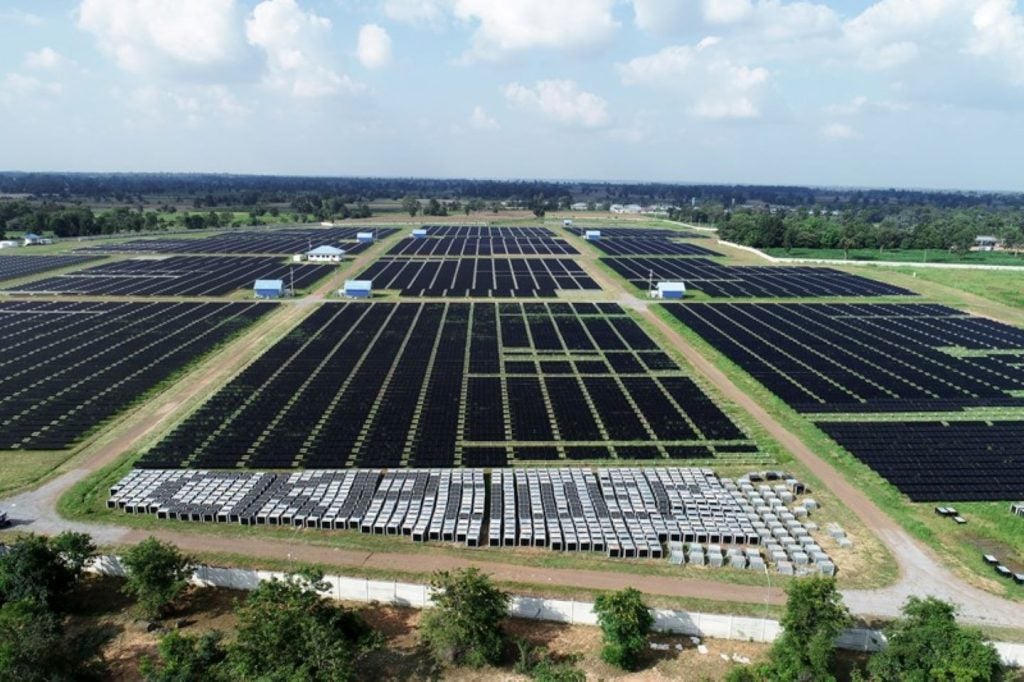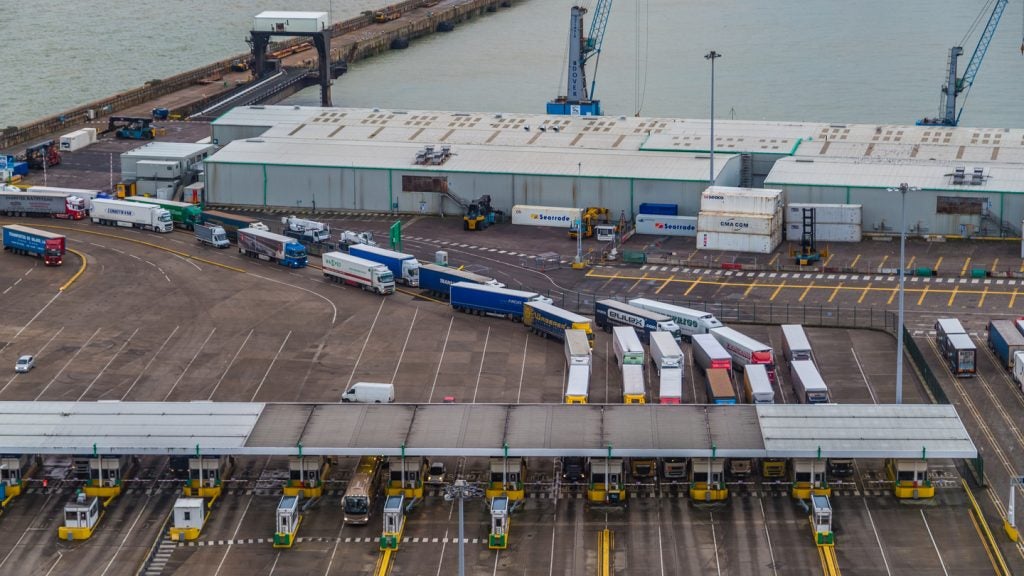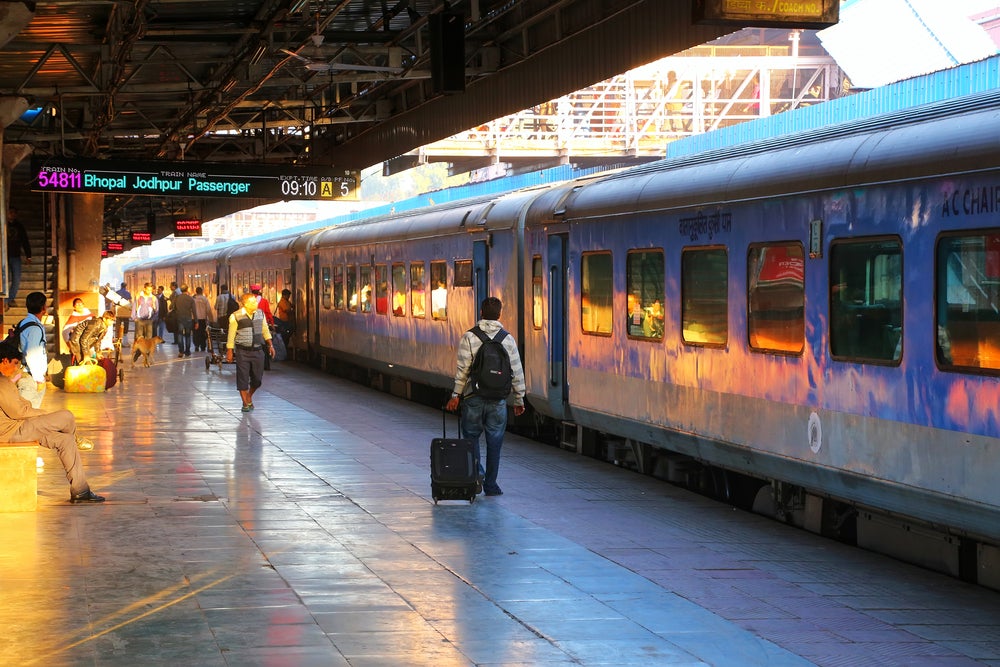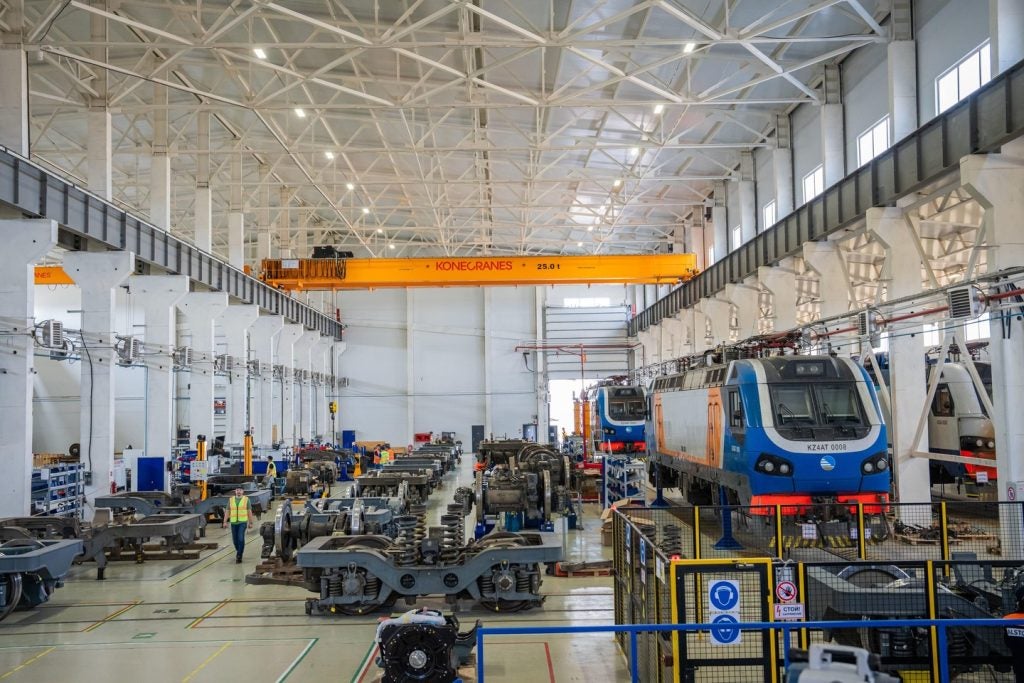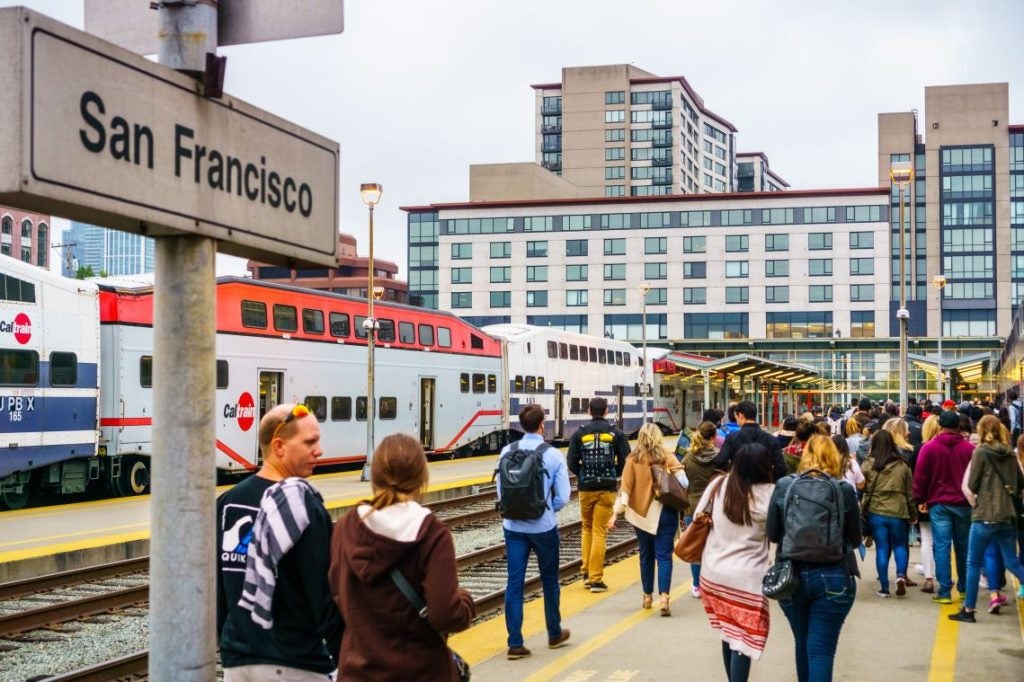The President and Prime Minister of Serbia have outlined a number of investments in the country’s railway networks as part of the Serbian Government’s €12bn (RSD1.41trn) plan to revitalise infrastructure over the next four years ahead of the Expo 2027 in Belgrade.
Along with completing the railway station projects in Prokop and Novi Beograd, President Aleksandar Vučić and Prime Minister Ana Brnabić also announced the construction of an 18km double-track electrified railway in the capital city.
The new railway will be built by state-owned Serbian Railways Infrastructure and will run from Zemun Polje on the outskirts of Belgrade to the brand new National Stadium in the municipality of Surčin, via the Nikola Tesla Airport.
The new stadium is being built to host the 2027 event and will cover 212 hectares, with the wider Expo 2027 complex including its own railway system.
President Vučić and Prime Minister Brnabić also announced that construction of the Belgrade metro would begin shortly, with the first metro line scheduled to be operational by the end of 2028.
During the conference to announce the infrastructure plans, Vučić said the news “completely changed” the country’s development plan by measuring everything against 2027 targets.
He said: “These are ambitious plans, the execution of which we have to start almost tomorrow. We have the energy, we will need many volunteers, so that the whole of Serbia works towards this.
“You won't be able to recognise Belgrade, it will be one of the most beautiful cities not only in Europe but in the world.”
Along with connecting the airport to the new stadium, the city’s new railway will also connect with the existing network to link the centre of Belgrade with some of its surrounding suburbs including New Belgrade, Obrenovac and Kamendin.
Outside of the capital, the government leaders also announced the development of transport links along the Danube to Prahovo after the establishment of 12 stations along the river.
The new railway projects come only a few months after Serbia received a commitment of up to €1.1bn in financing from the European Investment Bank’s EIB Global towards the Belgrade to Niš section of the pan-European Railway Corridor X.


